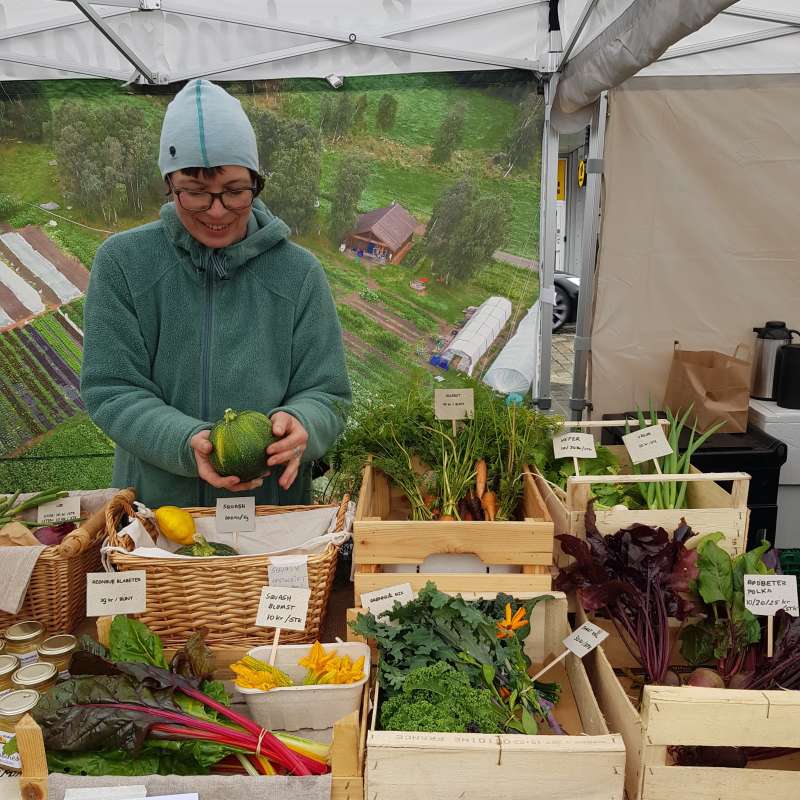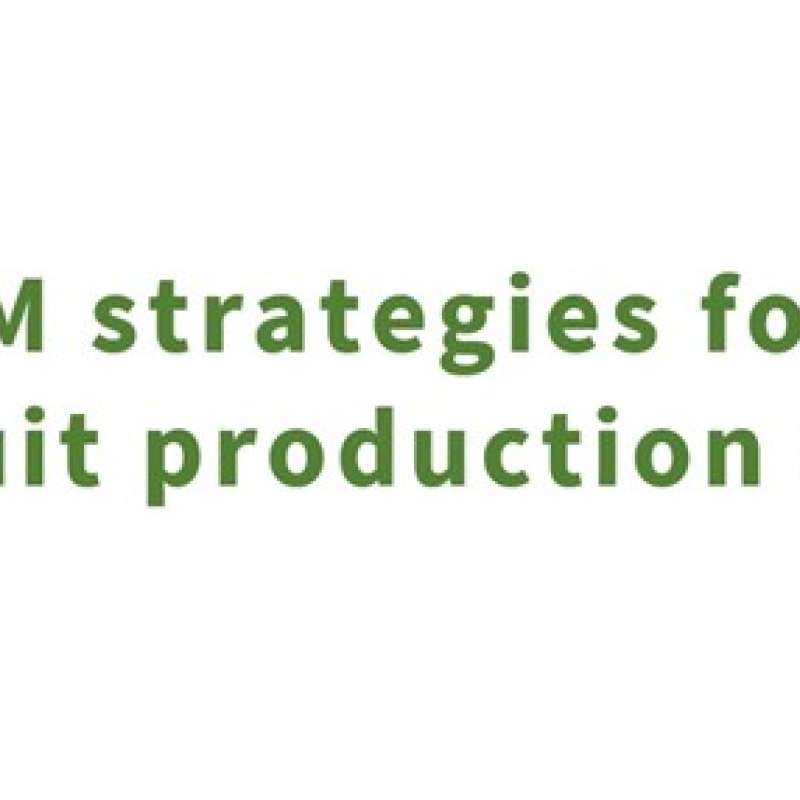Bjørn Arild Hatteland
Research Scientist
(+47) 404 79 306
bjorn.hatteland@nibio.no
Place
Bergen
Visiting address
Thormøhlensgate 55, 5006 Bergen
Abstract
No abstract has been registered
Abstract
No abstract has been registered
Abstract
No abstract has been registered

Division of Food Production and Society
The role of diversified small-scale horticulture in a transition towards more sustainable food systems with healthier diets (SmallHort)
The aim of the project is to explore how food systems based on diversified small-scale horticulture can be developed to become more economically, socially and environmentally sustainable while also increasing in scale. This will provide benefits to nature, environment and public health.

Division of Biotechnology and Plant Health
IPM-fruit: IPM strategies for future fruit production
IPM fruit will investigate how preventive and alternative control measures can be used for sustainable fruit production. The project will study how natural enemies, physical control, and biologicals as well as combinations of these can be best applied under Norwegian conditions. The project will be carried out in collaboration with the Norwegian University of Life Sciences (NMBU), the Norwegian advisory service (NLR), NIAB East Malling (UK), IRTA (Sapin), and also in close collaboration with fruit growers.
